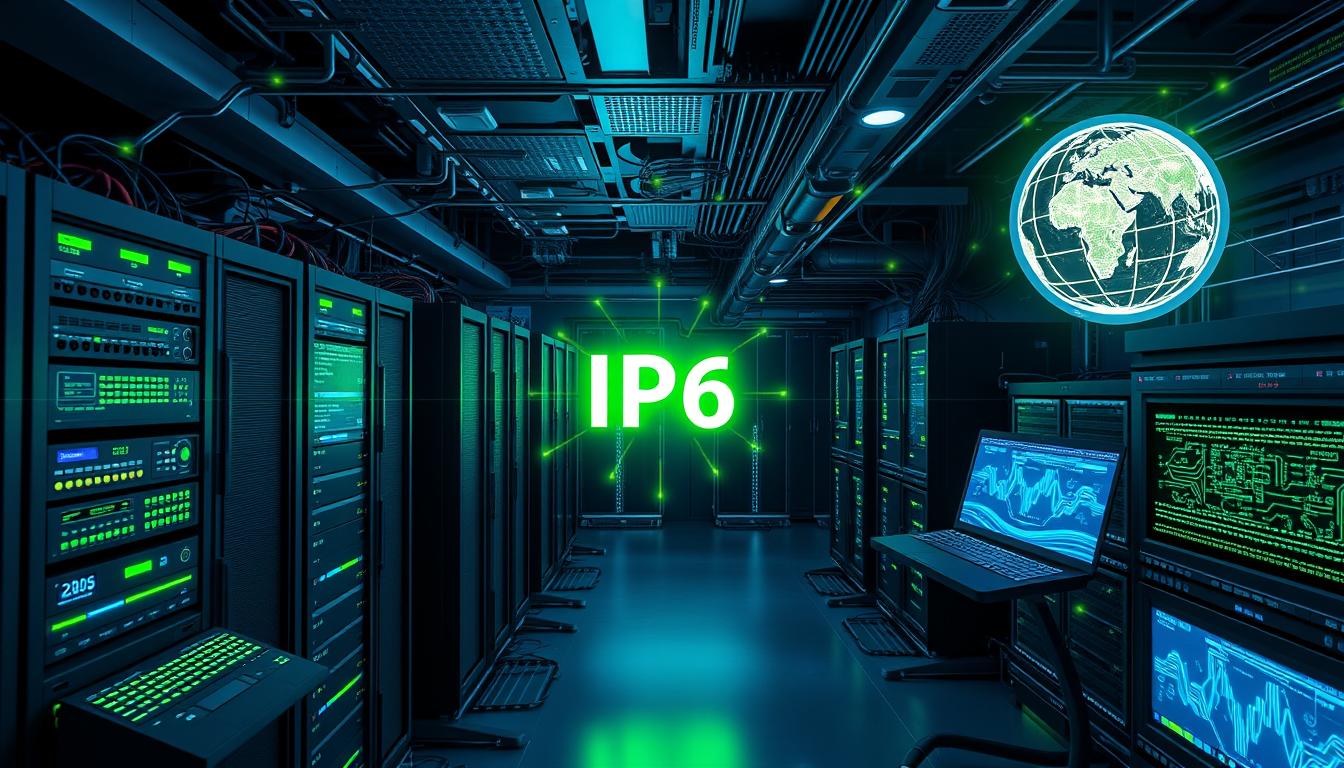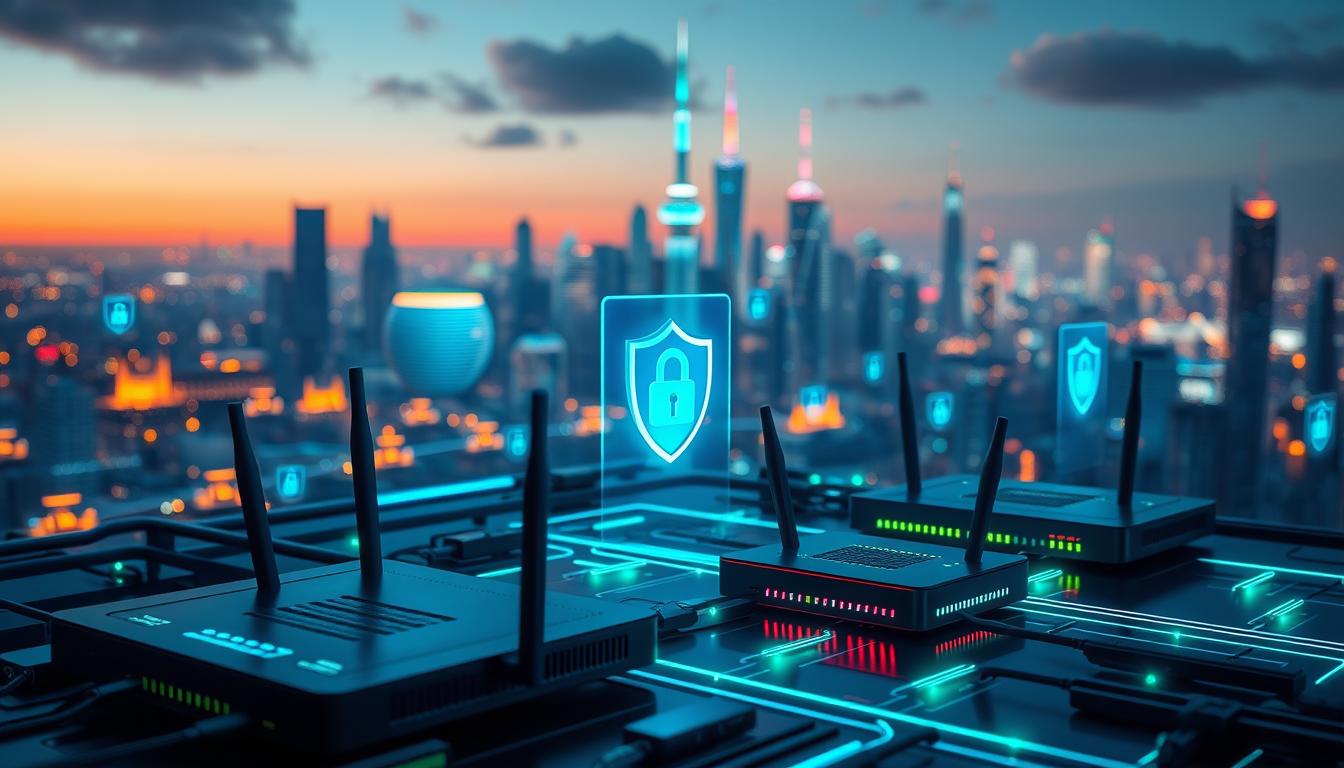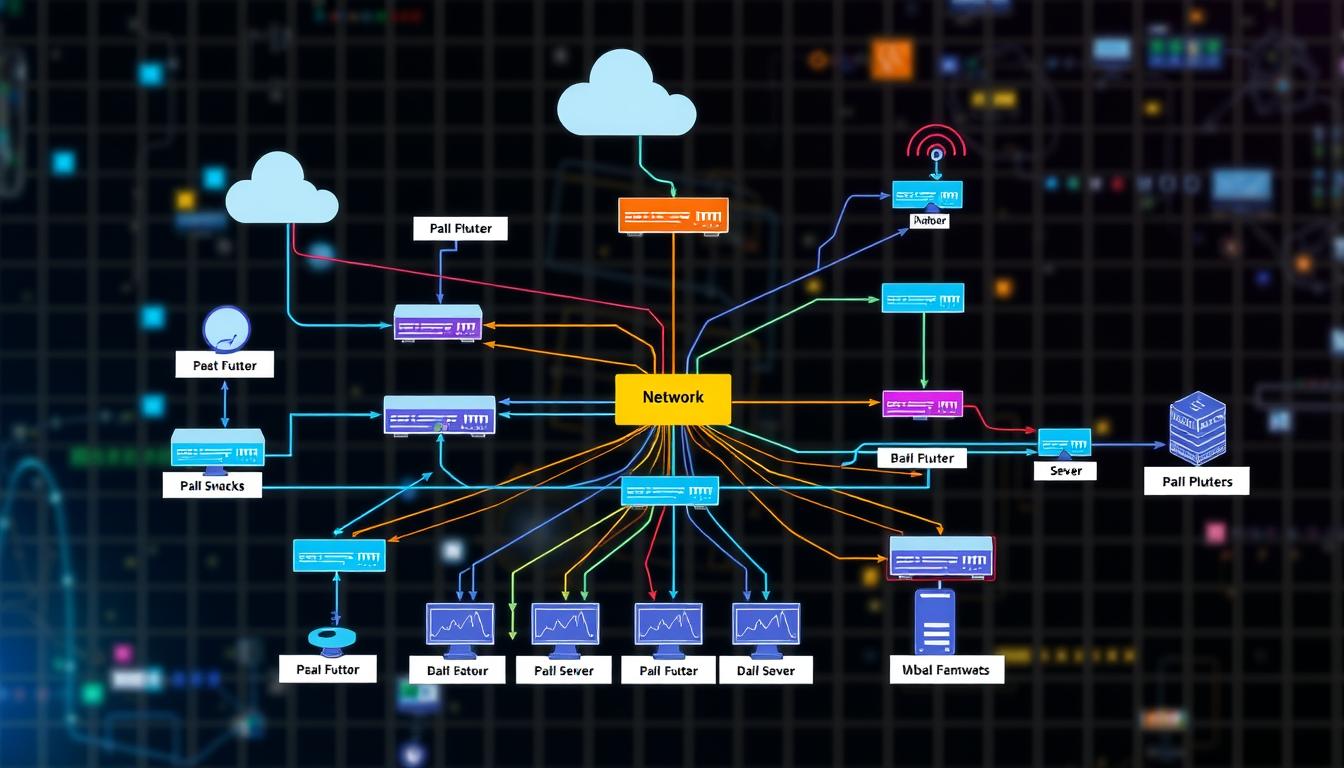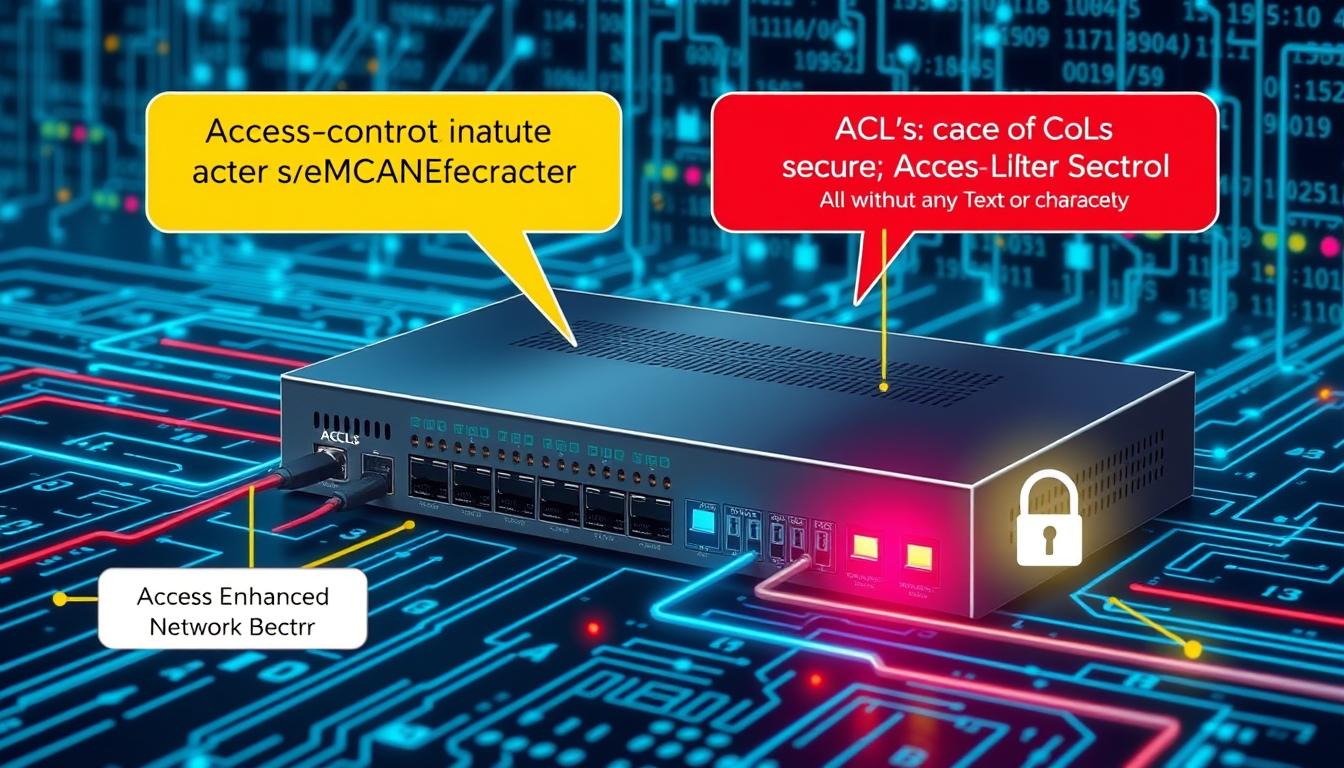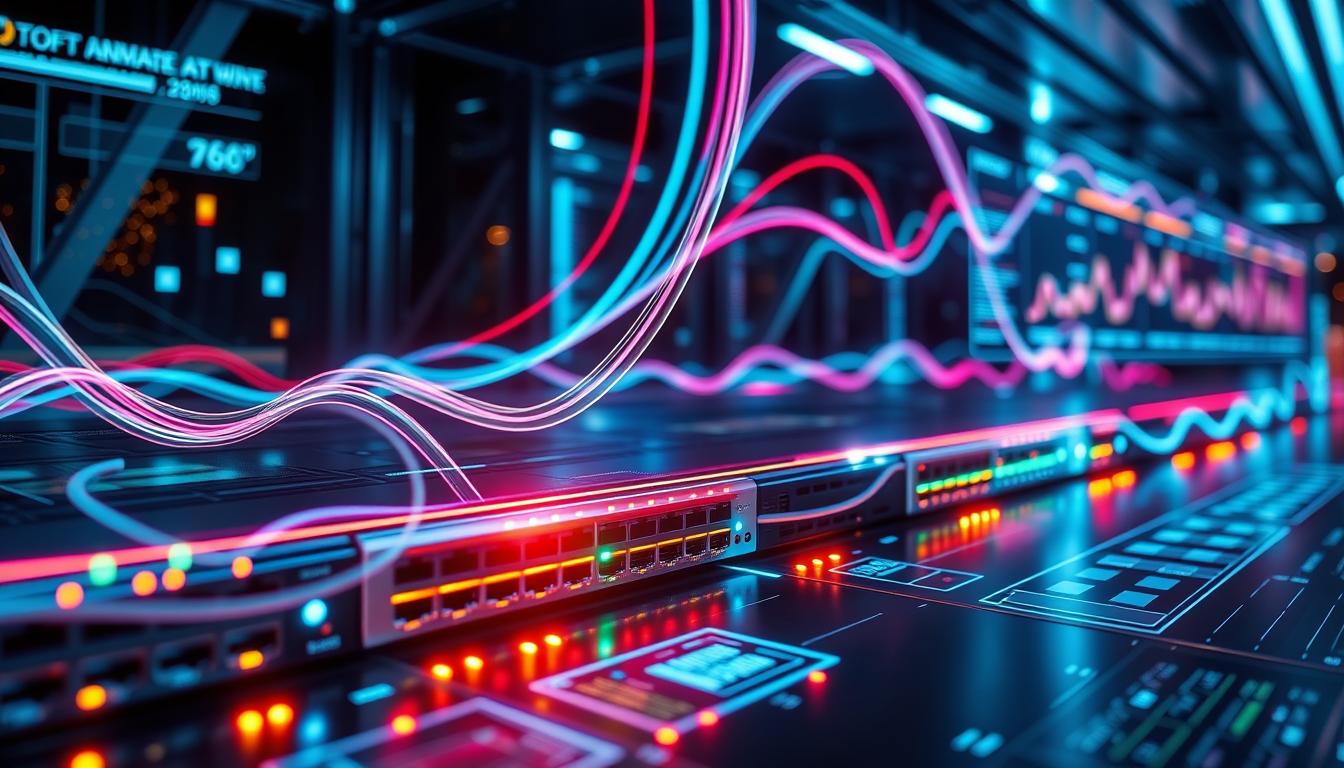If you’re responsible for maintaining the security of your company’s network, you know how difficult it can be to keep your network safe from cyber threats. One of the most effective solutions to this challenge is to use a VPN concentrator.A VPN concentrator is a hardware or software solution that creates secure connections between remote workers and the company’s network. Essentially, it acts as a gateway between two networks, allowing secure communication between them.
How does VPN Concentrator work?
A VPN concentrator usually operates at the network’s edge, receiving incoming traffic from remote devices, and sending it back out to the destination network. It receives and processes all incoming traffic, separating it into individual VPN connections.For example, if you have remote workers accessing your network, the VPN concentrator would create a secure tunnel between the remote worker’s device and your network, encrypting all data in transit, and sending it through this tunnel.VPN concentrators come in different sizes and capacities; depending on the number of connections you need to support, you may require a larger device with more processing power to handle the traffic.
One of the key benefits of using a VPN concentrator is that it allows for centralized management of VPN connections. This means that network administrators can easily monitor and control access to the network, as well as configure and update VPN settings from a single location. Additionally, VPN concentrators often include advanced security features such as intrusion detection and prevention, which can help to protect against cyber attacks and unauthorized access to the network.
Another advantage of using a VPN concentrator is that it can help to improve network performance and reliability. By consolidating VPN connections onto a single device, the concentrator can optimize traffic flow and reduce latency, resulting in faster and more stable connections for remote workers. Additionally, VPN concentrators can often be configured to automatically failover to backup connections in the event of a network outage or other disruption, ensuring that remote workers can continue to access the network even in challenging conditions.
Benefits of using a VPN Concentrator in networking
Using a VPN concentrator in networking offers tremendous benefits, including:- Enhanced data security: All data passing between the remote device and the network is encrypted and secured, ensuring that sensitive information and data are not compromised.- Remote access: Remote workers can easily connect to your company’s network from anywhere in the world, without exposing the network to unsecured internet connections.- Scalability: A VPN concentrator can support a large number of connections, making it ideal for growing companies with increasing numbers of remote workers.- Simplified management: VPN concentrators can be managed from a centralized location, simplifying network management for IT administrators.
Another benefit of using a VPN concentrator is that it can improve network performance. By reducing the amount of traffic that passes through the network, a VPN concentrator can help to reduce network congestion and improve overall network speed. This is particularly important for companies that rely on real-time applications, such as video conferencing or VoIP.
In addition, a VPN concentrator can also help to reduce costs. By allowing remote workers to connect to the network securely, companies can save money on travel expenses and office space. This is because remote workers can work from anywhere, reducing the need for expensive office space and travel costs.
Understanding the different types of VPN Concentrators
There are two main types of VPN concentrators: hardware-based and software-based VPN concentrators.Hardware-based concentrators are physical devices that facilitate VPN connections via hardware. They come in various sizes and configurations, depending on the number of connections they can support.Software-based VPN concentrators are virtual appliances that operate as software within a virtual environment such as VMware or Hyper-V. They can be easily spun up or down as needed but may not offer the same level of performance and scalability as hardware-based concentrators.
Hardware-based VPN concentrators are typically more expensive than software-based concentrators due to the cost of the physical hardware. However, they offer higher levels of security and performance, making them ideal for large organizations with high traffic volumes and strict security requirements.
On the other hand, software-based VPN concentrators are more cost-effective and flexible, as they can be easily deployed and scaled up or down as needed. They are also easier to manage and maintain, as they do not require physical hardware maintenance. However, they may not be suitable for organizations with high traffic volumes or strict security requirements.
Key features of a VPN Concentrator
Some of the essential features of a VPN concentrator include:- Encryption: All data passing through the concentrator is encrypted, ensuring that no one can intercept it.- Authentication: Users must authenticate themselves before connecting to the VPN concentrator, ensuring that only authorized personnel can access the network.- Scalability: A VPN concentrator must be scalable to accommodate new users and devices as the network grows.- Management: An efficient management interface makes it easy to manage and configure the VPN concentrator, simplifying network administration tasks.
Another important feature of a VPN concentrator is its ability to handle multiple VPN connections simultaneously. This is particularly useful for organizations with a large number of remote workers or branch offices that need to connect to the main network securely. The concentrator can manage and prioritize these connections, ensuring that the network remains stable and secure.
Additionally, a VPN concentrator can provide advanced security features such as intrusion detection and prevention, firewall protection, and content filtering. These features help to protect the network from external threats and ensure that only authorized traffic is allowed to pass through the concentrator.
How to set up a VPN Concentrator in your network
Setting up a VPN concentrator requires:- Acquiring a suitable VPN concentrator device: Determine your network needs, such as the number of users and devices that will be connected.- Configuring the device: Configure the concentrator’s settings, such as security policies and user permissions.- Testing and troubleshooting: Test the connections to ensure everything is working correctly, and troubleshoot any issues that arise.- Ongoing management: Continuously monitor and maintain the VPN concentrator to ensure it continues to function correctly.
It is important to note that when setting up a VPN concentrator, you should also consider the location of the device. Placing the concentrator in a secure location, such as a locked server room, can help prevent unauthorized access and ensure the security of your network. Additionally, it is recommended to regularly update the concentrator’s firmware and software to ensure it is protected against any potential security vulnerabilities.
Common issues with VPN Concentrators and how to troubleshoot them
Some common issues with VPN concentrators include:- Connection refusal: Users may experience connection refusal issues when the concentrator can’t confirm the identity of remote devices. Troubleshoot this by checking the authentication process.- Performance issues: If users complain of slow speeds or connectivity issues, resolve this issue by reviewing the concentrator’s hardware or software configurations and network traffic patterns.- Configuration issues: Ensure that the configuration settings on the VPN concentrator are correctly set up, and any discrepancies are addressed promptly.
Another common issue with VPN concentrators is compatibility issues with certain operating systems or devices. This can result in users being unable to connect to the VPN concentrator or experiencing connectivity issues. To troubleshoot this issue, ensure that the VPN concentrator is compatible with the operating systems and devices being used by the users. Additionally, check for any updates or patches that may need to be installed to resolve compatibility issues.
Best practices for securing your network with a VPN Concentrator
Here are some best practices to secure your network when using a VPN concentrator:- Regularly update the concentrator security settings: Keep systems up to date with the latest security patches and firmware updates.- Use strong authentication: Ensure that users are required to use strong passwords with at least eight characters with a mix of letters, numbers, and symbols.- Use encryption: Use strong encryption protocols such as AES or SSL to encrypt all data passing through the VPN concentrator.- Use a firewall: A firewall can provide additional security to your network, blocking all incoming and outgoing traffic that doesn’t meet specific criteria.
Future trends and developments in VPN Concentrators
As technology advances, VPN concentrators will continue to evolve, and trends that will shape the future of VPN concentrators include:- Cloud-based VPN Concentrators: Cloud-based VPN concentrators offer enhanced agility and scalability and cost savings by eliminating the need for hardware-based devices.- Virtual private clouds: VPN concentrators will operate from within a private cloud, providing more accessible, more scalable, and more cost-effective solutions.- Advanced authentication: VPN concentrators will incorporate more advanced authentication methods, such as biometrics, smart cards, and multi-factor authentication, to improve security.
Comparison between VPN concentrators and other networking solutions
Finally, VPN concentrators are just one of many networking solutions available. Other networking solutions include firewalls, intrusion detection systems, and application delivery controllers.While VPN concentrators have unique benefits for remote access and security, they may not be the best fit for all use cases and network environments. It’s important to evaluate all networking solutions and choose the one that best fits your organization’s requirements.

